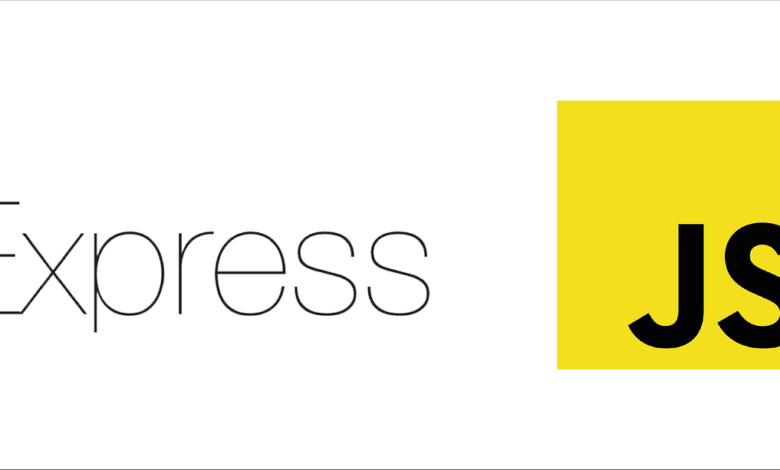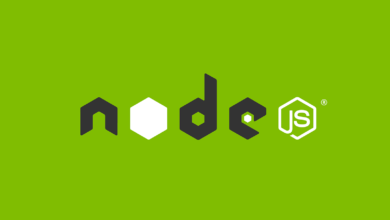Express Versatile Framework for Web Apps

In the dynamic world of web development, developers constantly search for tools and frameworks that streamline the process of creating powerful and scalable web applications. One framework that has gained significant popularity is Express.js. Express.js, a fast, minimalist, and unopinionated web application framework for Node.js, offers a simple yet robust set of features for building web and mobile applications.
Express.js, also known as “Express,” brings numerous benefits to developers seeking efficient and flexible web application development. Let’s explore some of the key features and advantages of using Express.js.
Simplicity and Minimalism:
Express.js adheres to the principles of simplicity and minimalism, providing developers with a lightweight framework that is easy to understand and work with. Its intuitive API allows developers to rapidly build web applications without unnecessary abstractions or complex configurations.
Middleware Support:
One of the defining features of Express.js is its robust middleware support. Middleware functions in Express.js have access to request and response objects, enabling developers to perform tasks such as modifying objects, executing asynchronous code, or terminating the request-response cycle. This middleware architecture allows developers to effortlessly add functionality to their applications, such as authentication, logging, error handling, and more.
Routing:
Express.js offers a powerful routing system that simplifies handling HTTP requests. Developers can define routes and handle various HTTP methods (e.g., GET, POST, PUT, DELETE) easily, making it convenient to create RESTful APIs. The routing system also supports dynamic routes, URL parameters, and query strings efficiently.
Template Engines:
Express.js seamlessly integrates with popular template engines like EJS, Pug (formerly Jade), and Handlebars. This integration allows developers to render dynamic HTML pages effortlessly. Template engines are particularly useful for server-side rendered applications or generating HTML emails.
Extensibility:
Express.js is highly extensible, enabling developers to incorporate additional modules or libraries seamlessly. Its extensive ecosystem includes numerous middleware packages, database connectors, authentication modules, and more. This vast collection of resources allows developers to leverage existing solutions and focus on building specific application features, reducing redundant work.
Flexibility and Scalability:
Express.js provides developers with the flexibility to structure their applications based on their specific requirements. It doesn’t enforce a strict application architecture, allowing developers to choose components and patterns that best fit their projects. This flexibility makes Express.js suitable for both small, single-page applications and large-scale enterprise systems.
Active Community and Documentation:
Express.js benefits from an active community of developers who contribute to its ecosystem by creating plugins, libraries, and sharing knowledge. The framework has extensive documentation, tutorials, and examples available, making it easy for developers to get started and find solutions to common challenges.
In conclusion, Express.js is a powerful and flexible framework that simplifies web application development with Node.js. Its simplicity, middleware support, routing system, template engine integration, extensibility, flexibility, and active community make it an excellent choice for developers seeking a lightweight and efficient framework. Whether you’re building a small personal project or a large-scale enterprise application, Express.js can help you create robust and scalable web applications with ease.

